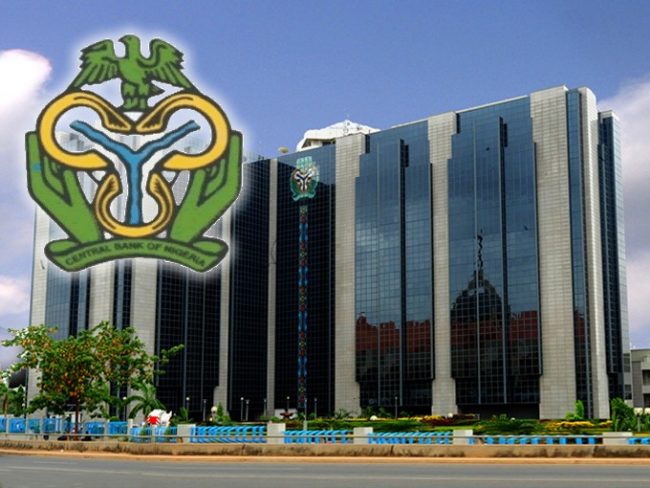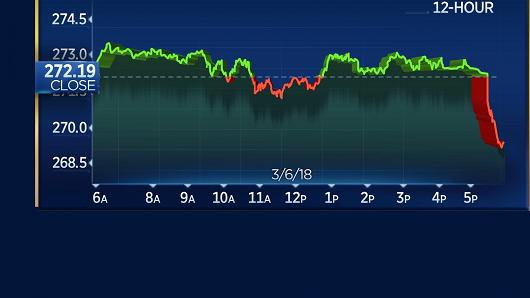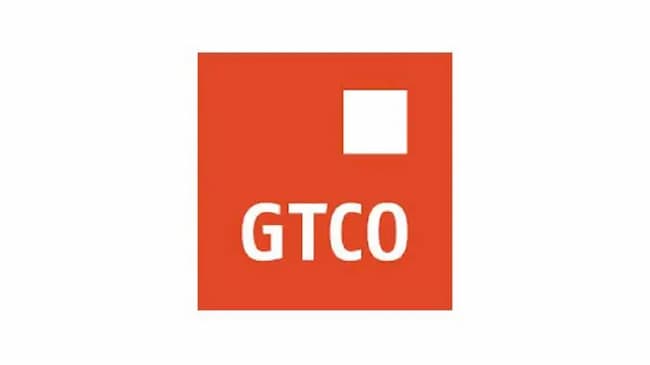The average yield on Nigerian Treasury notes increased on the secondary market as investors, particularly local banks, sold their holdings to fulfill the need for cash. Increased spot rates in the primary market auction held by the Central Bank of Nigeria also contributed to the rise in the yield curve.
As a result of market liquidity constraint last week, which led to a low subscription level, the CBN refinanced N145.46 billion of T-bills that matured via the primary market at higher stop rates for all maturities.
With regard to specific stop rates, they increased to 6.00% (from 2.66%), 8.00% (from 5.00%), and 14.74% (from 9.49%) for 91-day, 182-day, and 364-day bills, respectively. Although trying to keep funding costs low, poor demand for rollover instruments led the apex to refinance bills at higher market rates..
The yields in the secondary market shifted upward for all tracked maturities at the same time that the 364-day bill rate increased. Due to a lack of liquidity in the financial system, holders of government bonds must sell their interest in order to raise money.
Nigerian Treasury notes’ real yield for one-month, three-month, six-month, and twelve-month maturities jumped to 3.99% (from 3.76%), 5.46% (from 4.82%), 7.57% (from 6.48%), and 12.74% (from 9.67%), respectively, according to Cowry Asset analysts.
According to experts at Cordros Capital, the average yield varied across market categories, rising 194 basis points to 7.7% for NTBs while remaining at 4.0% for OMO bills.
The specifics revealed that the CBN offered instruments worth N145.47 billion, which were divided as follows: N2.16 billion for the 91-day, N3.34 billion for the 182-day, and N139.96 billion for the 364-day.
Analysts claim that the auction had substantially less demand than the previous PMA since the overall subscription amount was N168.58 billion (bid-to-offer settled at 1.2x vs. the previous auction: 6.4x).
According to Afrinvest’s research, system liquidity ended March 2.1% lower at 738.3 billion than it had at the end of February since the chains of primary market auctions totaled 631.8 billion and outpaced T-bill repayment worth 372 billion.
As a result, the open repo (OPR) and overnight lending rate (OVN) increased from 10.5% and 10.8% to 18.5% and 18.6%, respectively, in the prior month.
Meanwhile, given the small value of matured OMO bills worth N40 billion, the Nigerian interbank borrowing rate rose for most maturities tracked amid the financial liquidity squeeze.











